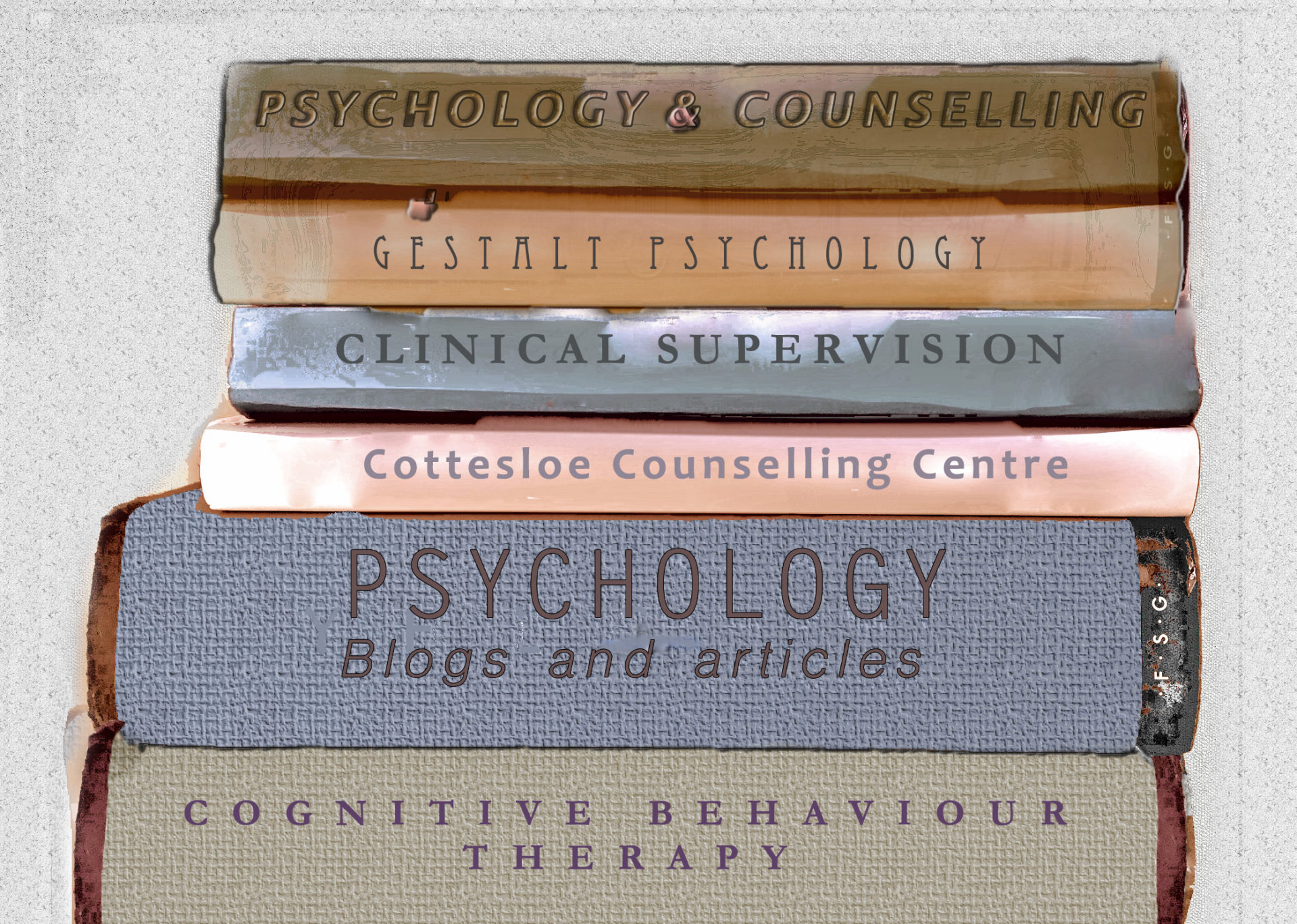Becoming a parent for the first time involves the greatest physical, emotional and social upheaval that most women will ever experience. In fact women are more likely to be affected by anxiety and depressive disorders during pregnancy and after childbirth than at any other time in their lives. In the lead up to becoming a mother for the first time often much of the focus is upon the practical aspects of giving birth and breast feeding techniques. It is therefore sometimes a shock for the new mother to adjust to all the other physical, emotional and social changes associated with becoming a mother.
Some of the common adjustments are as follows:
- Being isolated at home
- Being on call 24/7
- Lack of sleep/extreme fatigue
- Changes to body image
- Loss of work and social identity
- More structured lifestyle – loss of spontaneity
The adjustments involved in becoming a new mother leave the mother with little time or energy to care for herself or the other important relationships in her life, such as partner, family and friends. This period of adjustment can put a great deal of strain on the relationship between the new parents and new fathers may also experience depression and anxiety at this time. When either partner is depressed it also increases the risk of the other partner becoming depressed. Some couples find that they cope well with being first time parents but with subsequent children they may find that their resources get stretched to the limit.
The birth of a child is also a time when new parents reflect upon their own childhood and this can sometimes bring up painful childhood memories which may also cause them to question their own parenting ability. For other new parents who may have experienced the loss of a parent or other significant family member, the birth of a child, may remind them of their loss.
Ideally new parents would be able to rely upon their extended families for support but in reality sometimes the family members are negative and critical, creating even more anxiety for the new parents. Another challenge that faces some new parents is that they may not have access to any extended family as they live elsewhere, although even when grandparents are accessible they are sometimes still working and therefore unavailable for regular support. There are also many single mothers having to meet the huge demands of parenthood without the support of a partner.
Becoming a parent is a major life transition that involves immense physical, social and emotional upheaval for the new parents. Postnatal depression and anxiety usually respond well to early intervention and ideally a new parent would seek professional help if they are at all concerned about the emotional well-being of themselves or their partner. Medication alone is not a sufficient treatment option and new parents who are feeling overwhelmed usually benefit from the additional support of individual counselling, couple counselling or joining a support group.
It is through accessing extra support when feeling overwhelmed that new parents are able to more fully appreciate the wonder of becoming a parent.
Further information:
Postnatal depression- A practical guide for Australian families, Lisa Fettling 2002
Post Natal Depression Support Association Inc.
Telephone Support Line Western Australia : (08) 93401622
If you would like further information
please contact Samantha McLaughlin

